Hymn of the Month
Doxology - Praise God From Whom All Blessings Flow
Thomas Ken, 1637-1711 / Louis Bourgeois, 1510-1561Written: 1674
“I will praise Thee, O Lord my God, with all my heart: And I will glorify Thy name forevermore.” ~ Psalm 86:12
Thomas Ken has been called “England’s first hymnist”. He was born in 1637 in Little Berkhampstead on the fringes of greater London. When his parents died, he was raised by his half-sister and her husband who enrolled him in Winchester College, an historic boys’ school. Later Ken attended Oxford University and was ordained in 1662 and returned to Winchester as a chaplain.
Ken wrote three hymns in 1674 to encourage the devotional habits of the boys at the school. This was revolutionary because English hymns had not yet appeared. Only the Psalms were sung in public worship. Ken suggested the boys use the hymns privately in their rooms. One hymn was to be sung upon waking, another at bedtime, and a third at midnight if sleep didn’t come. His morning hymn had thirteen stanzas, beginning with:
Awake, my soul and with the sun they daily stage of duty run;
Shake off dull sloth and joyful rise, to pay thy morning sacrifice.
His evening hymn, equally meaningful, included this verse:
All praise to Thee, my God , this night, for all the blessings of the light!
Keep me, O keep me, King of kings, beneath Thine own almighty wings.
All three hymns ended with the familiar four lines we now know as the Doxology.
Much of the beauty of these four lines lies in its reflection of the joyous outbursts of the psalms. Here we see both the “host” of heaven and the “creatures here below” praising God as in Psalm 96:11-12a and the final jubilant line of Psalm 150:6.
Let the heavens be glad, and let the earth rejoice; let the sea roar, and all it contains; let the field exult, and everything in it. (Psalm 96: 11-12a, NASB) Let everything that has breath praise the Lord! Praise the Lord! (Psalm 150:6, NASB)
The tune for Ken’s text, “Old Hundreth” is said to be the most famous of all Christian hymn tunes. It was composed or adapted by Louis Bourgeois, born in Paris, France, c.1510. In 1541, Bourgeois moved to Geneva, Switzerland, where he became an ardent follower of the Reformed Reformation Movement. He was given the responsibility to provide the tunes for the new metrical psalms which were being prepared at that time. The tune was prepared originally for the French version of Psalm 134 in 1551. The first English words to which it was wedded were William Kethe’s version of Psalm 100, “All People That on Earth Do Dwell.”
In 1680, Ken was appointed chaplain to England’s King Charles II. During the reign of the next king, James II, Thomas, by now a bishop, was sent to the Tower of London for his Protestant convictions. After his release, Ken retired to the home of a friend, where he died on March 11, 1711. The Doxology was sung at his funeral.
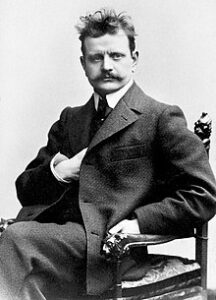 Jean Sibelius was Finland’s best-known composer. This hymn tune is an arrangement of one movement of “Finlandia”, a tone poem written in 1899 depicting the majestic natural beauty of the composer’s native land.
Jean Sibelius was Finland’s best-known composer. This hymn tune is an arrangement of one movement of “Finlandia”, a tone poem written in 1899 depicting the majestic natural beauty of the composer’s native land.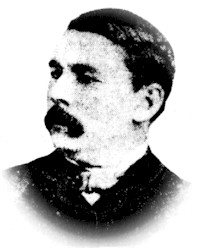 Though this hymn is not considered to be an example of great literary writing, it’s simply stated truths have brought solace and comfort to countless numbers of God’s people since it was first written in 1857. So relevant to the basic spiritual needs of people are these words that many missionaries state that it is one of the first hymns taught to new converts. The very simplicity of the text and music has been its appeal and strength.
Though this hymn is not considered to be an example of great literary writing, it’s simply stated truths have brought solace and comfort to countless numbers of God’s people since it was first written in 1857. So relevant to the basic spiritual needs of people are these words that many missionaries state that it is one of the first hymns taught to new converts. The very simplicity of the text and music has been its appeal and strength.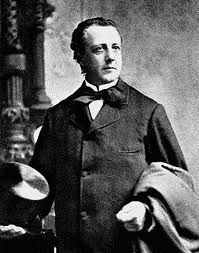 The composer of the music, Charles C. Converse, was well-educated and his talents ranged from law to professional music. Though he was an excellent musician and composer with many of his works performed by the leading American orchestras and choirs of his day, his life is best remembered for the simple music so well suited to Scriven’s text. He composed the tune in 1868 and renamed the poem.
The composer of the music, Charles C. Converse, was well-educated and his talents ranged from law to professional music. Though he was an excellent musician and composer with many of his works performed by the leading American orchestras and choirs of his day, his life is best remembered for the simple music so well suited to Scriven’s text. He composed the tune in 1868 and renamed the poem.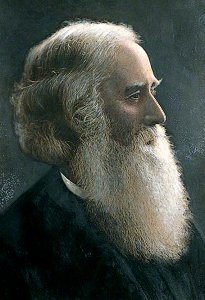 . James Mountain
. James Mountain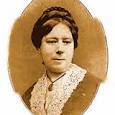 Catherine Winkworth
Catherine Winkworth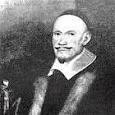 . Johan Cruger
. Johan Cruger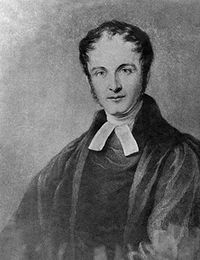 Henry F. Lyte
Henry F. Lyte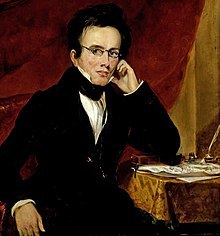 John Goss
John Goss